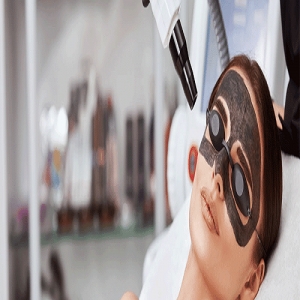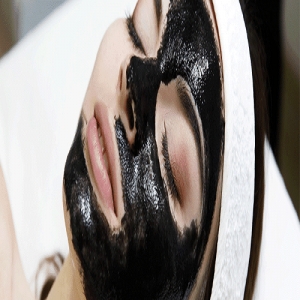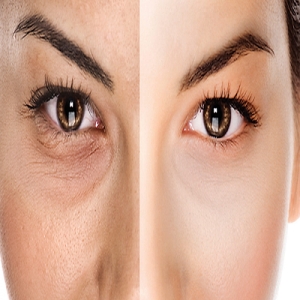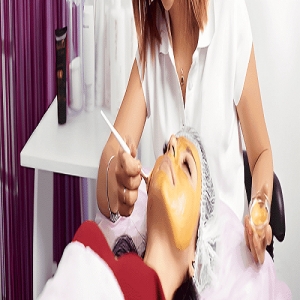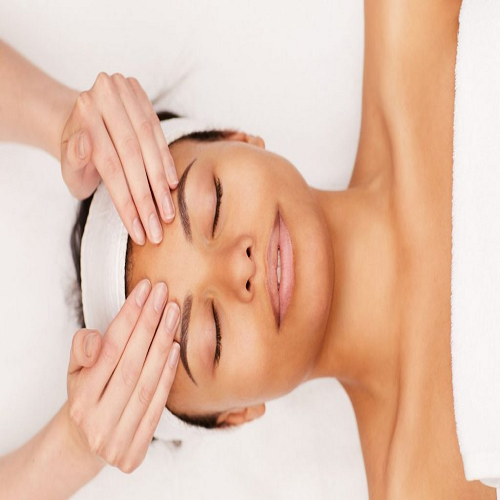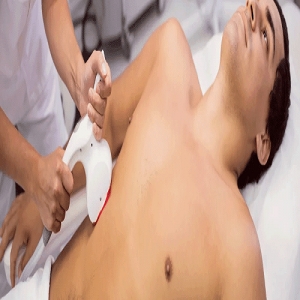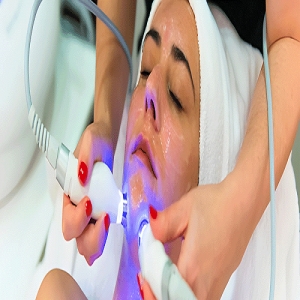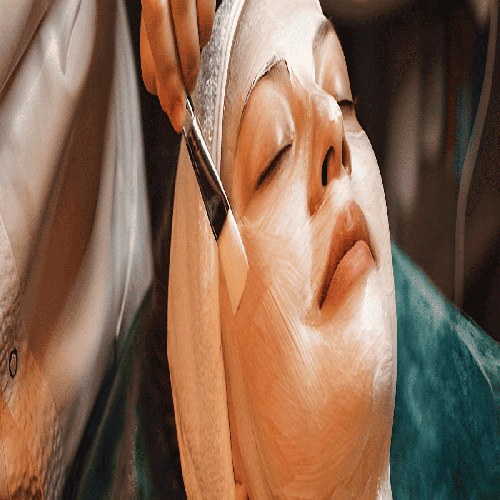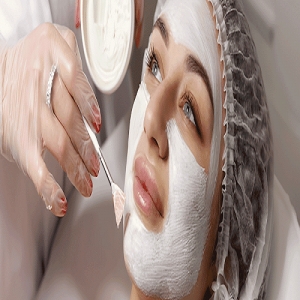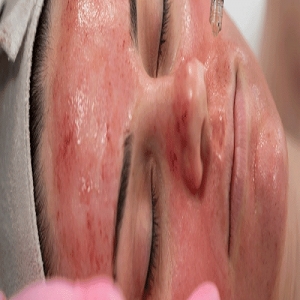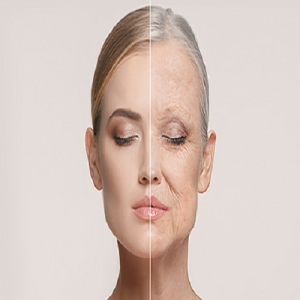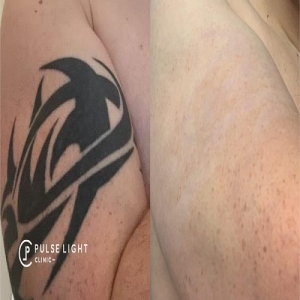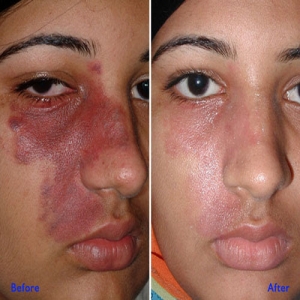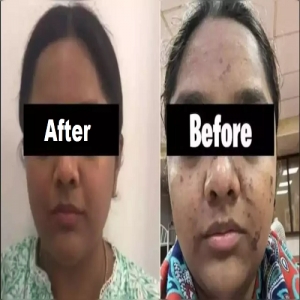Acne And Acne Scar Treatment
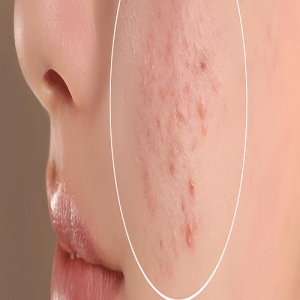
Acne And Acne Scar Treatment
Acne and acne scar treatment refers to a range of medical and cosmetic procedures aimed at reducing acne breakouts, minimizing inflammation, and improving the appearance of acne scars left behind by previous outbreaks. Acne is a common skin condition characterized by the presence of pimples, blackheads, whiteheads, and cysts, typically occurring on the face, chest, back, and shoulders. Acne scars can result from severe or persistent acne lesions and may manifest as depressed or raised areas of skin, discoloration, or textural irregularities. Here are some common treatments for acne and acne scars:
-
Topical Treatments: Over-the-counter and prescription-strength topical medications, such as benzoyl peroxide, salicylic acid, retinoids, and antibiotics, are commonly used to treat acne by reducing inflammation, unclogging pores, and controlling bacterial growth.
-
Oral Medications: Oral antibiotics, hormonal therapies (such as birth control pills or spironolactone), and isotretinoin (Accutane) may be prescribed for moderate to severe acne that does not respond to topical treatments. These medications work by targeting the underlying causes of acne, such as bacteria, hormonal imbalances, or excess oil production.
-
Chemical Peels: Chemical peels involve the application of a chemical solution to the skin, which exfoliates the outer layer of dead skin cells, unclogs pores, and promotes cell turnover. Superficial peels, such as glycolic acid or salicylic acid peels, can help improve acne and reduce the appearance of mild acne scars.
-
Laser Therapy: Laser and light-based treatments, such as fractional laser resurfacing, intense pulsed light (IPL) therapy, and photodynamic therapy (PDT), can target acne-causing bacteria, reduce inflammation, and stimulate collagen production to improve the appearance of acne scars.
-
Microneedling: Microneedling, also known as collagen induction therapy, involves the use of a device equipped with fine needles to create micro-injuries in the skin. This stimulates the body's natural healing process, leading to collagen remodeling and improvement in acne scars and skin texture.
-
Dermal Fillers: Injectable dermal fillers, such as hyaluronic acid or collagen-based fillers, can be used to fill in depressed acne scars and restore volume to the skin, resulting in a smoother, more even complexion.
-
Subcision: Subcision is a surgical procedure that involves the insertion of a needle beneath the skin to break up fibrous bands that tether acne scars to deeper layers of tissue. This helps release the scars and allows the skin to heal more evenly.
-
Excision or Punch Techniques: For deeper or more severe acne scars, surgical techniques such as punch excision, punch elevation, or punch grafting may be used to remove or repair the scar tissue, resulting in smoother, more uniform skin texture.
Treatment for acne and acne scars is highly individualized and may involve a combination of different approaches tailored to the patient's specific skin type, acne severity, and scar characteristics. It's essential to consult with a qualified dermatologist or skincare professional to determine the most appropriate treatment plan for your unique needs and goals. Additionally, patience and consistent treatment are key, as improvement in acne and acne scars may take time and require multiple sessions for optimal results.
Send Enquiry